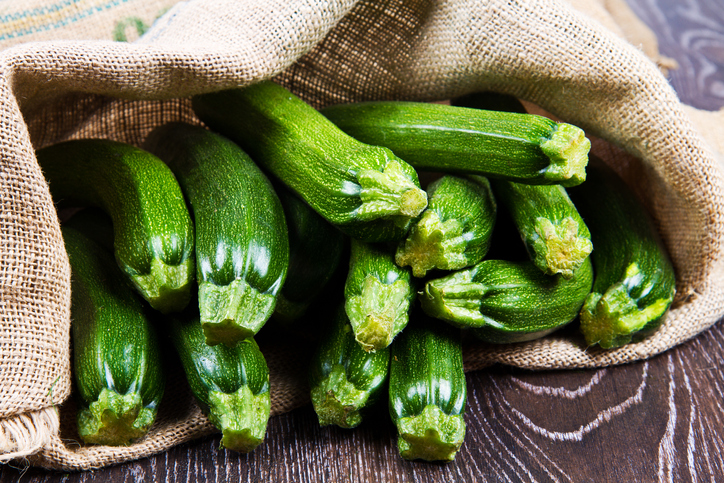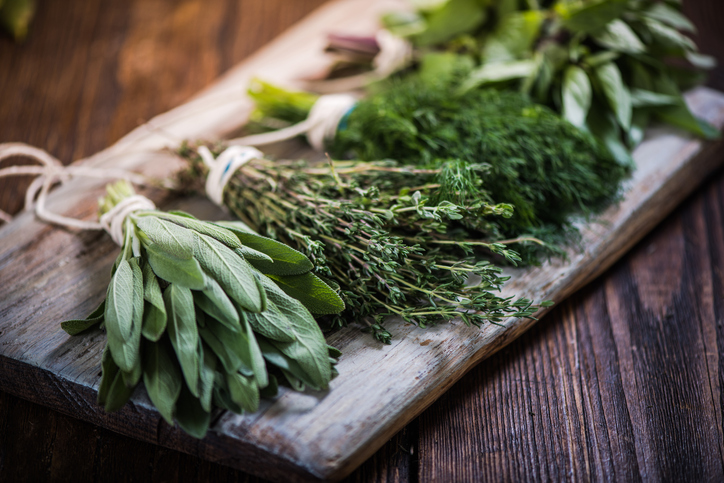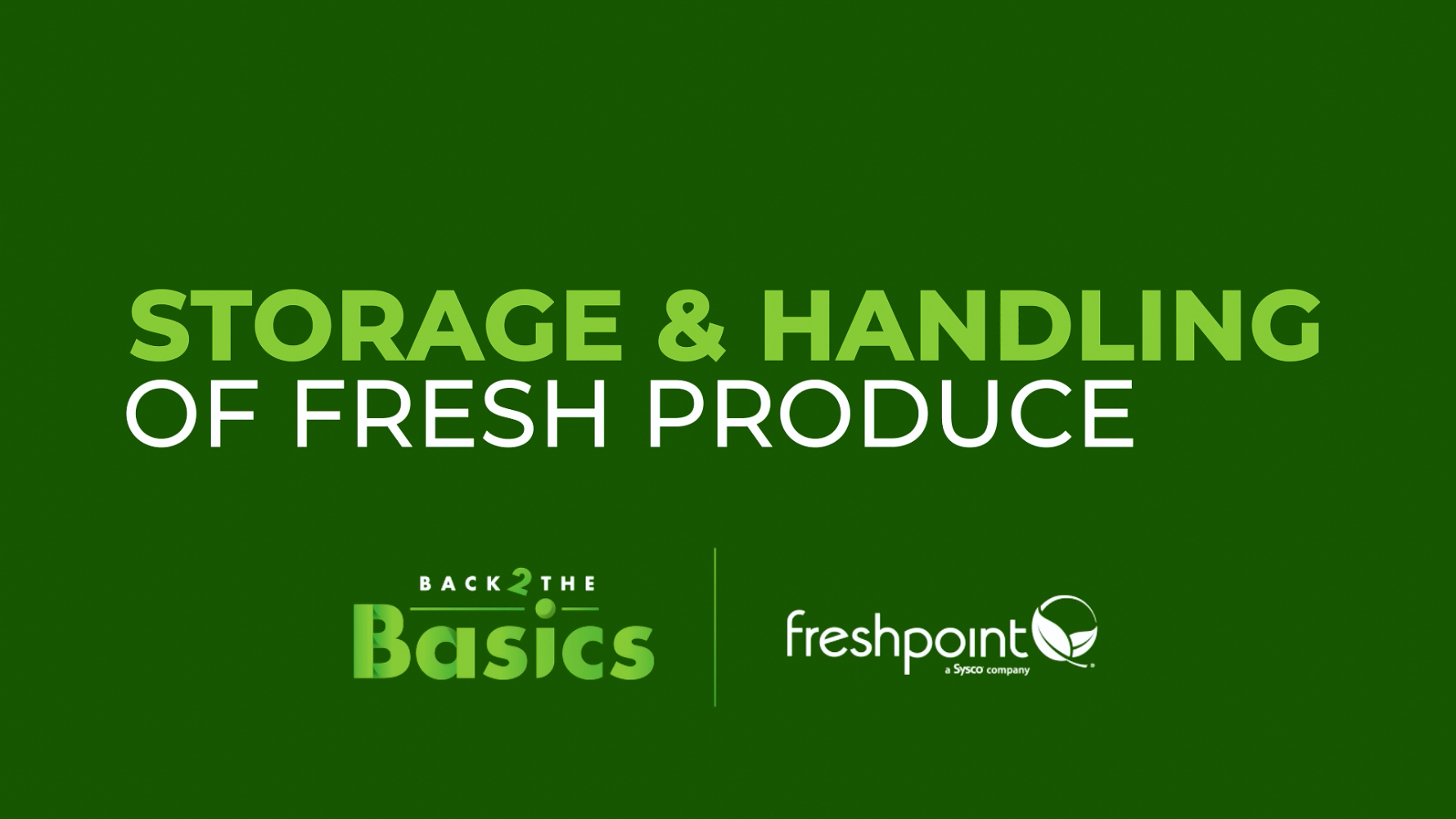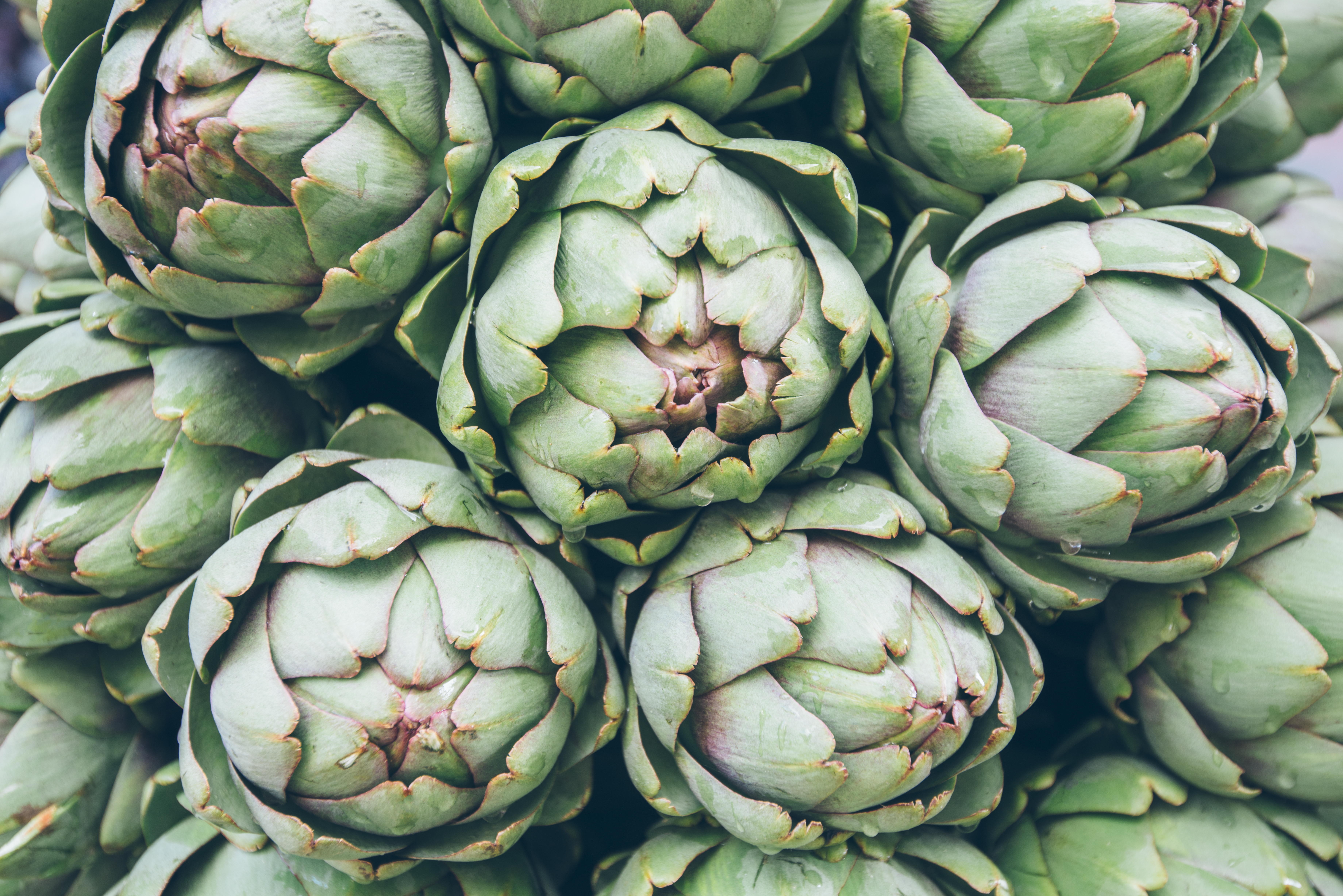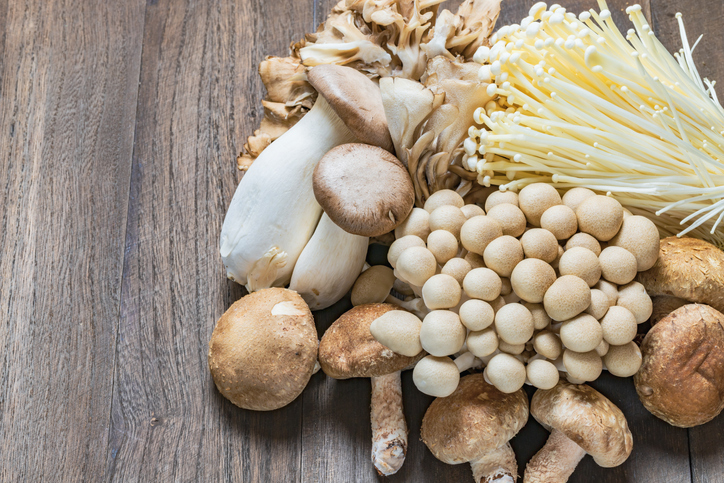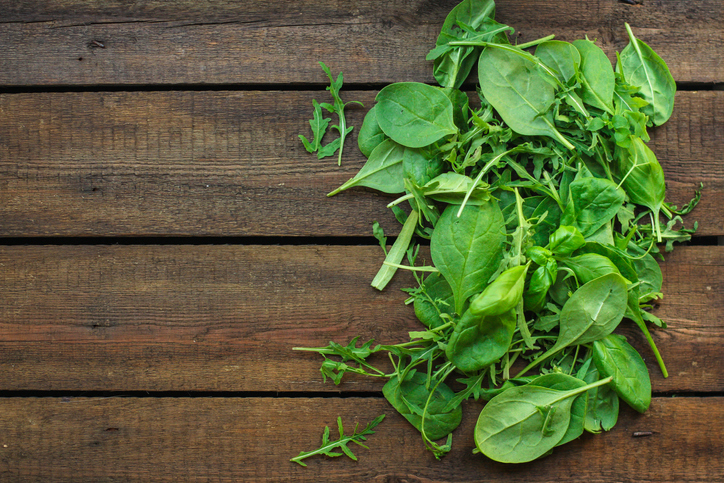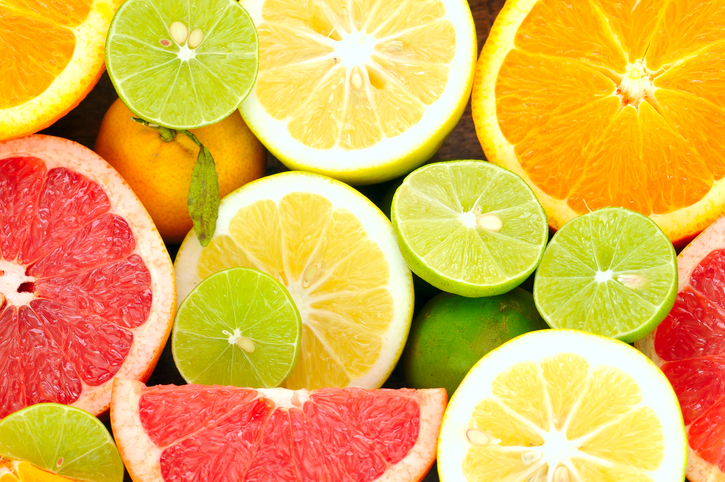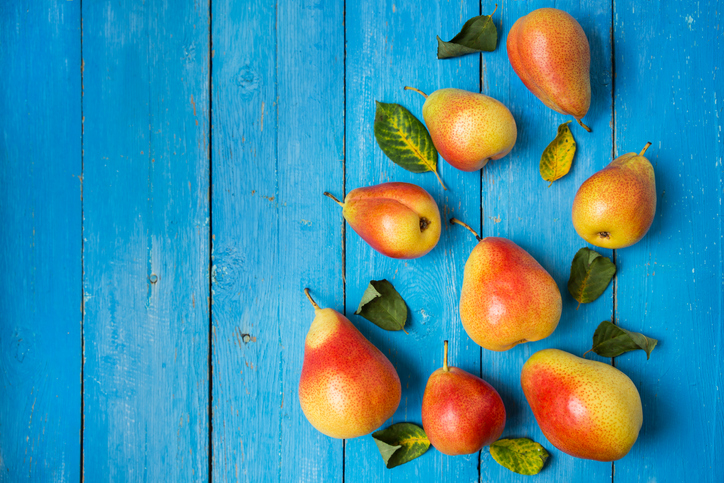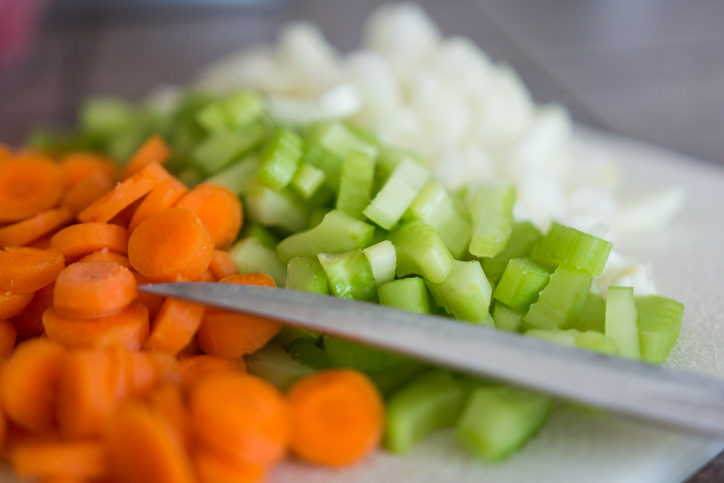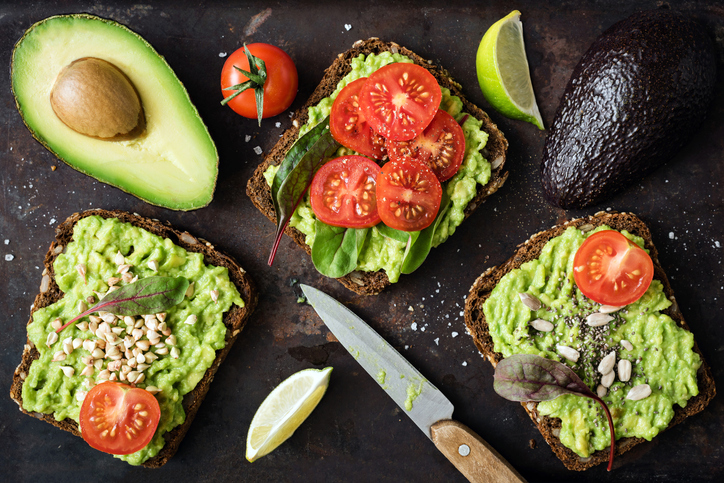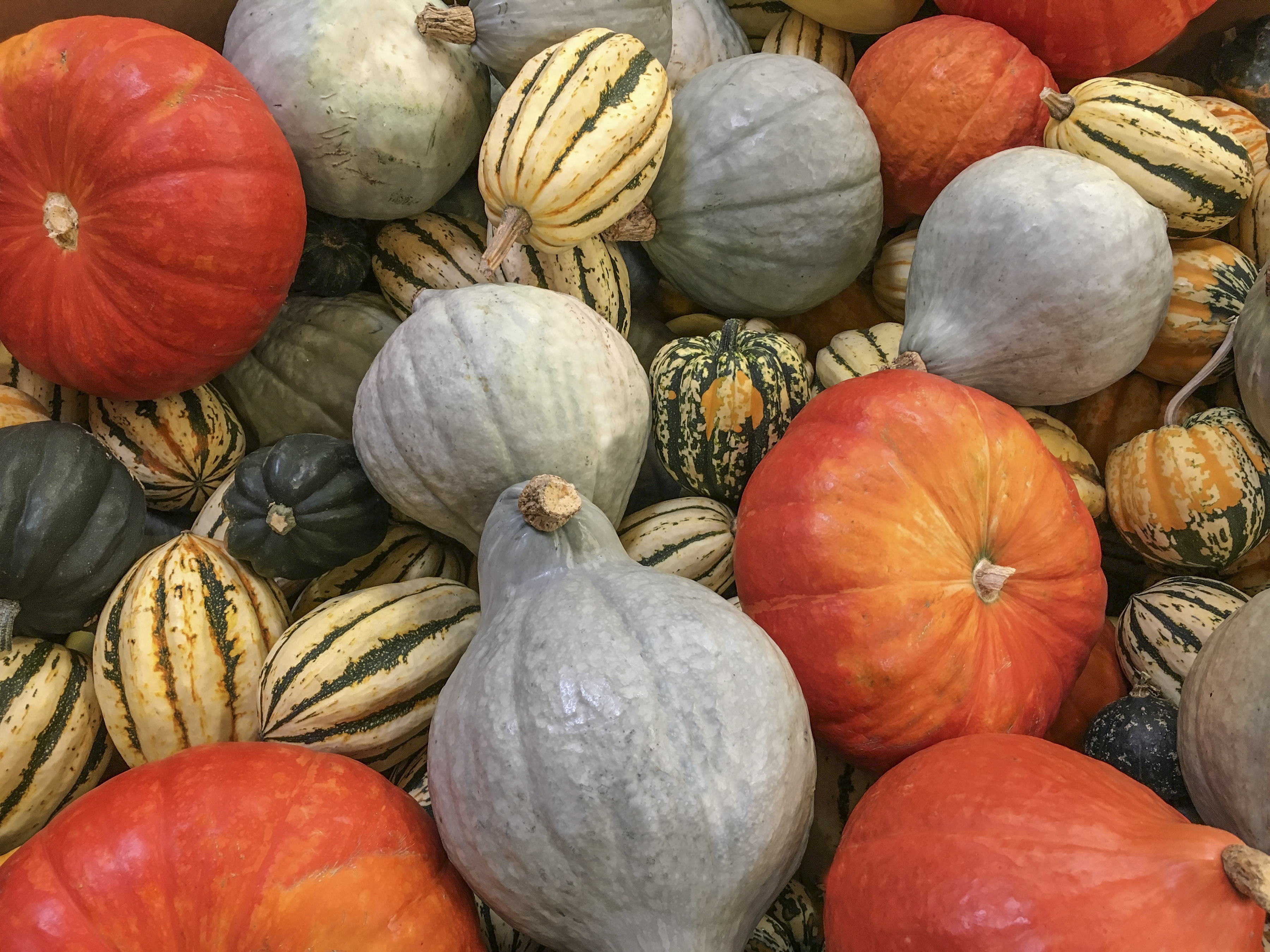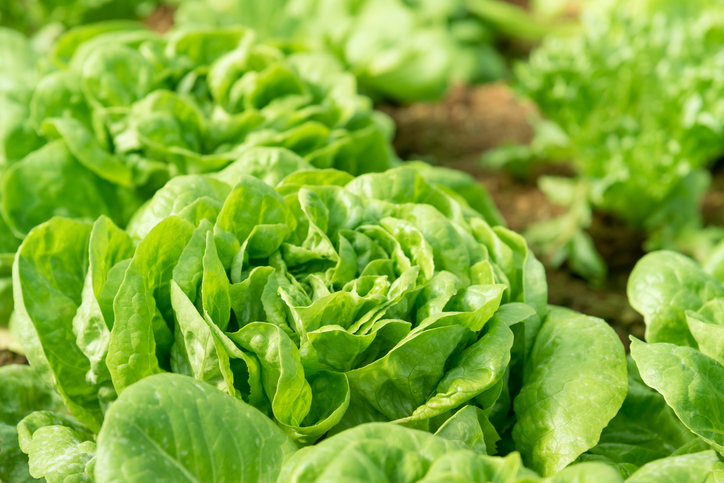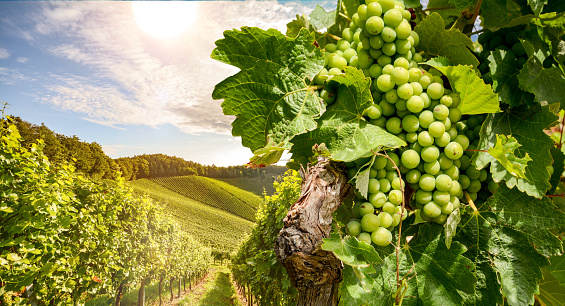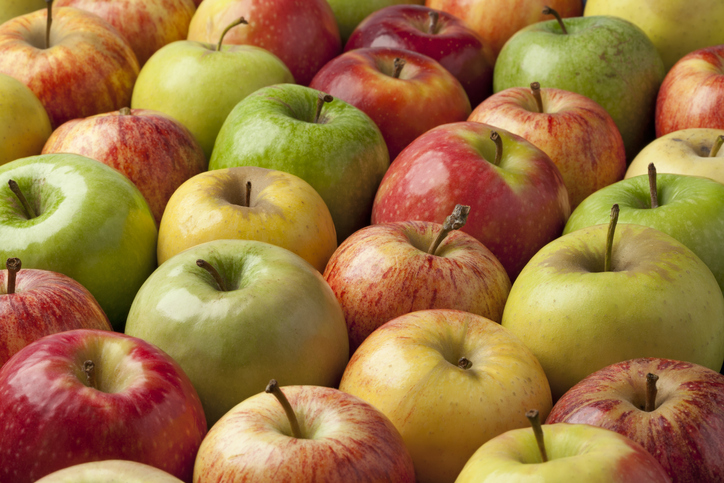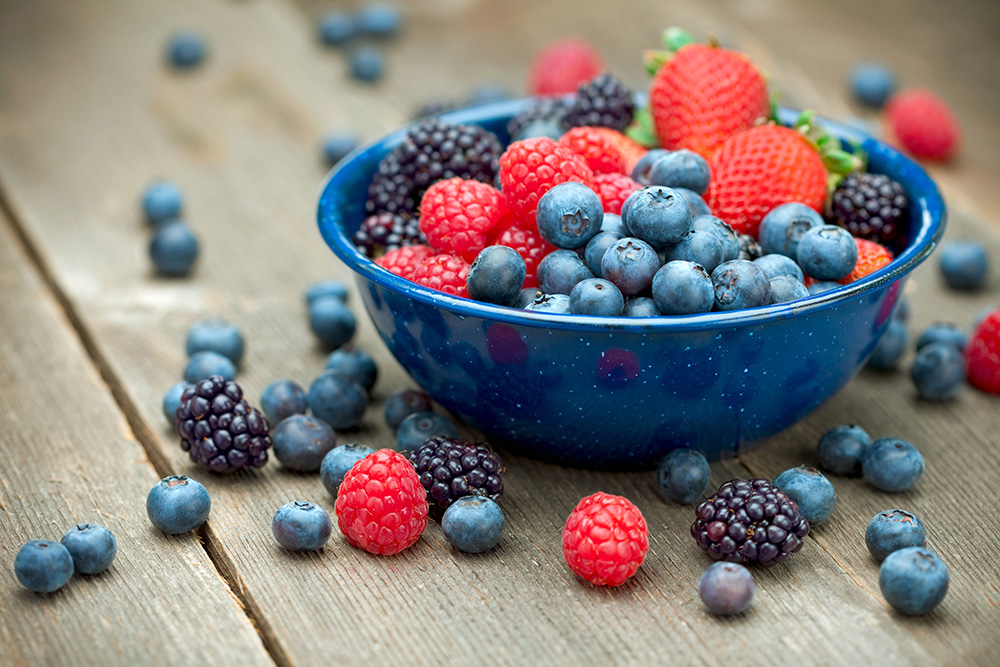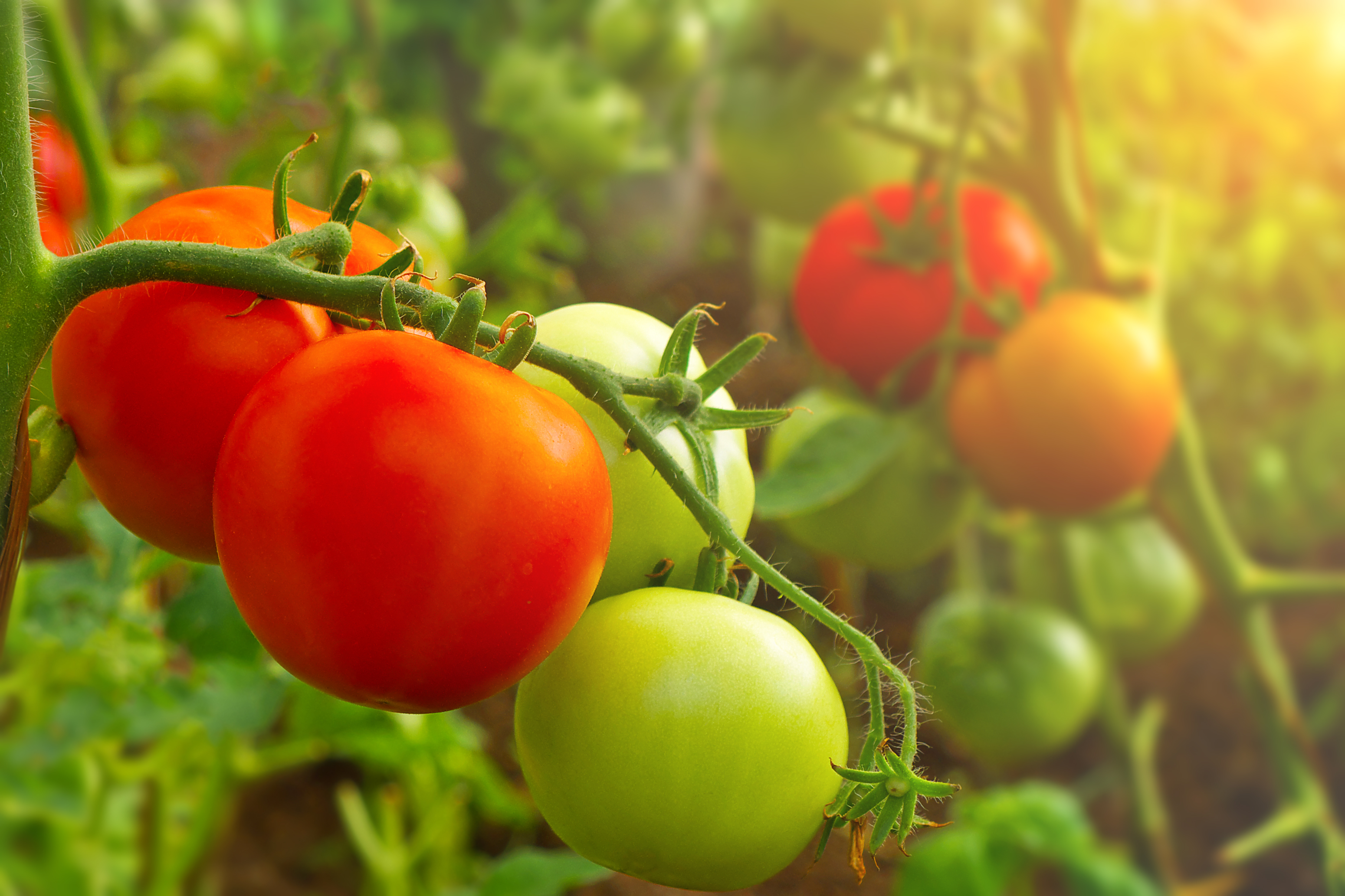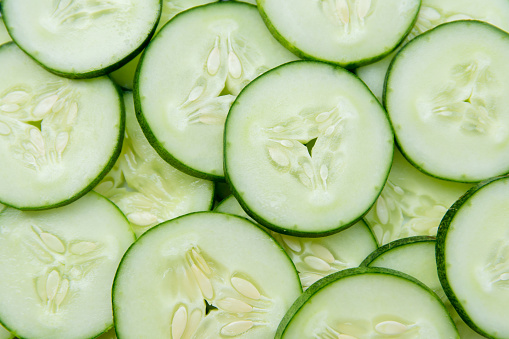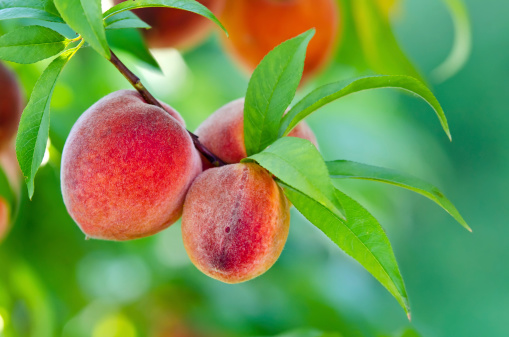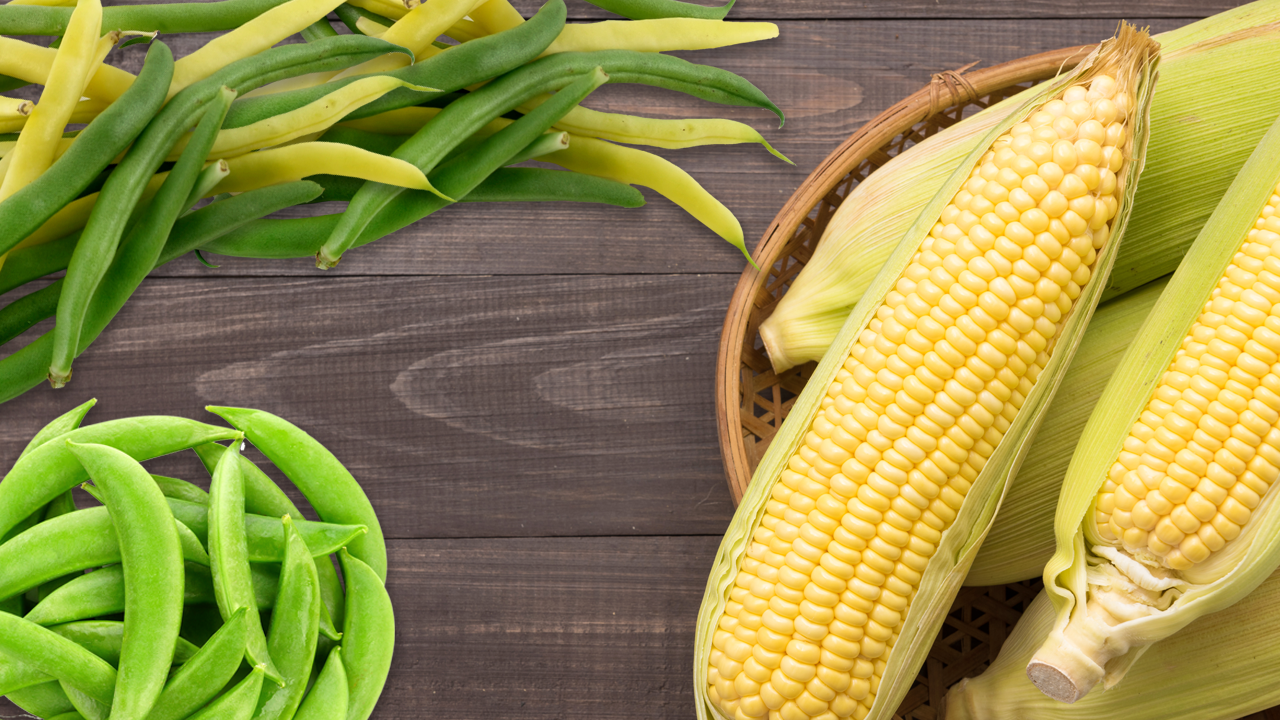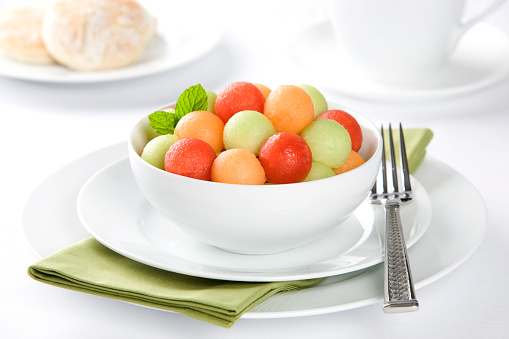Filtered by: Produce 101
Produce 101: Herbs
Cooler Storage Hints: Are you Maximizing Your Biggest Asset?
Produce 101: Artichokes
Produce 101: Mushrooms
Mushrooms are one of the most versatile and most important ingredients you can have in your kitchen larder at any time.
Produce 101: Tender Greens
Produce 101: Citrus
Citrus is anything but basic when used in the kitchen. It can be used all over the menu… use it in pastry with the zest and the juice, use it in the bar, use it in gift baskets, even use the segments in a salad. Adding a pop of citrus juice brightens any dish.
Produce 101: Pears
We know you know what pears are, but do you really *know* pears?
What’s the best pear for poaching? What pear doesn’t usually oxidize and is great raw for salads? What pear is great for snacking? Different varieties have different kitchen roles and selecting the best one for the job can make a difference.
Ethylene can become a friend or foe when it comes to the storage and handling of your produce. Where do pears fall in relation to ethylene?
Let’s dig in.
Produce 101: Carrot, Onion, and Celery
You might wonder why we grouped these all together, well, these three are some of the unsung heroes of the kitchen. Carrots, onion, and celery comprise the classic mix of French mirepoix vegetables for most stocks, so they just fit well for this episode.
Produce 101: Avocado
Produce 101: Winter Squash
Produce 101: Lettuce
Produce 101: Grapes
Produce 101: Apples
Produce 101: Berries
Produce 101: Tomatoes
Produce 101: Cucumbers
Produce 101: Stone Fruit
Produce 101: Peas, Beans, & Corn


